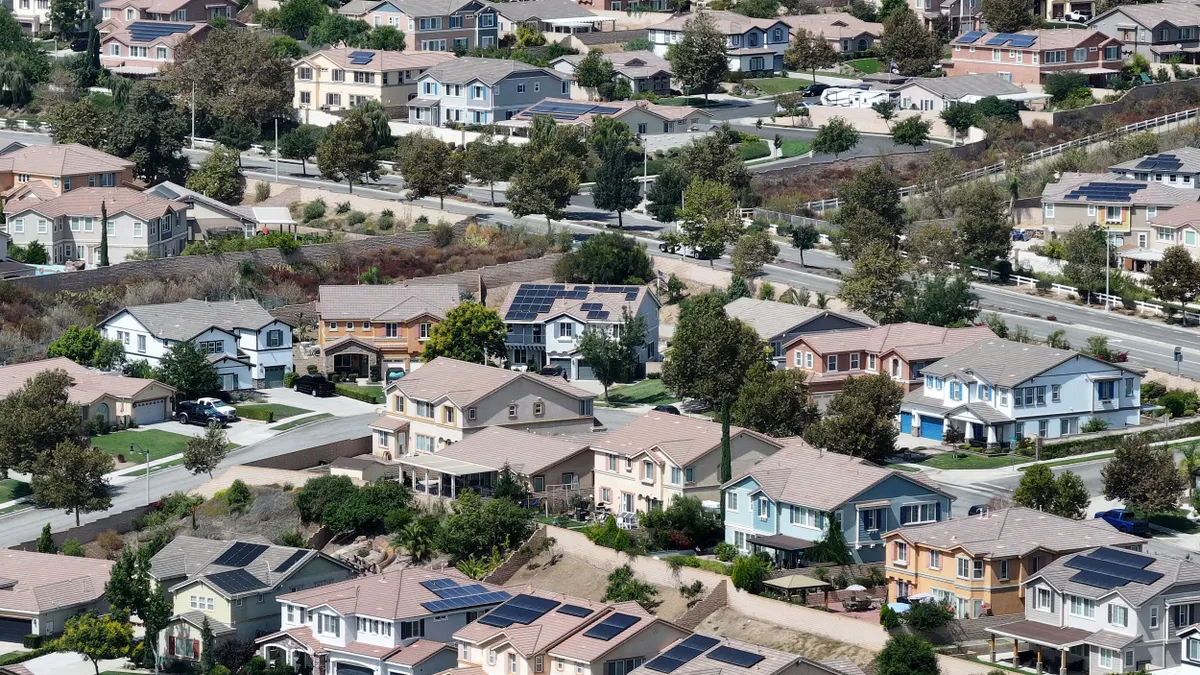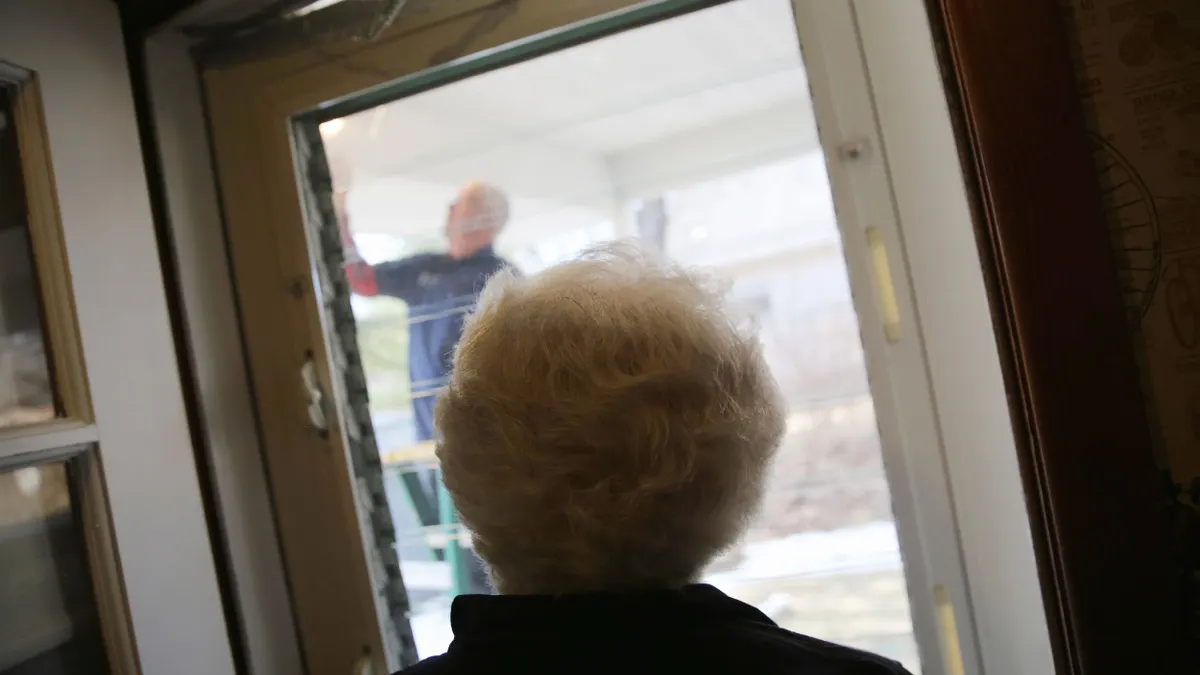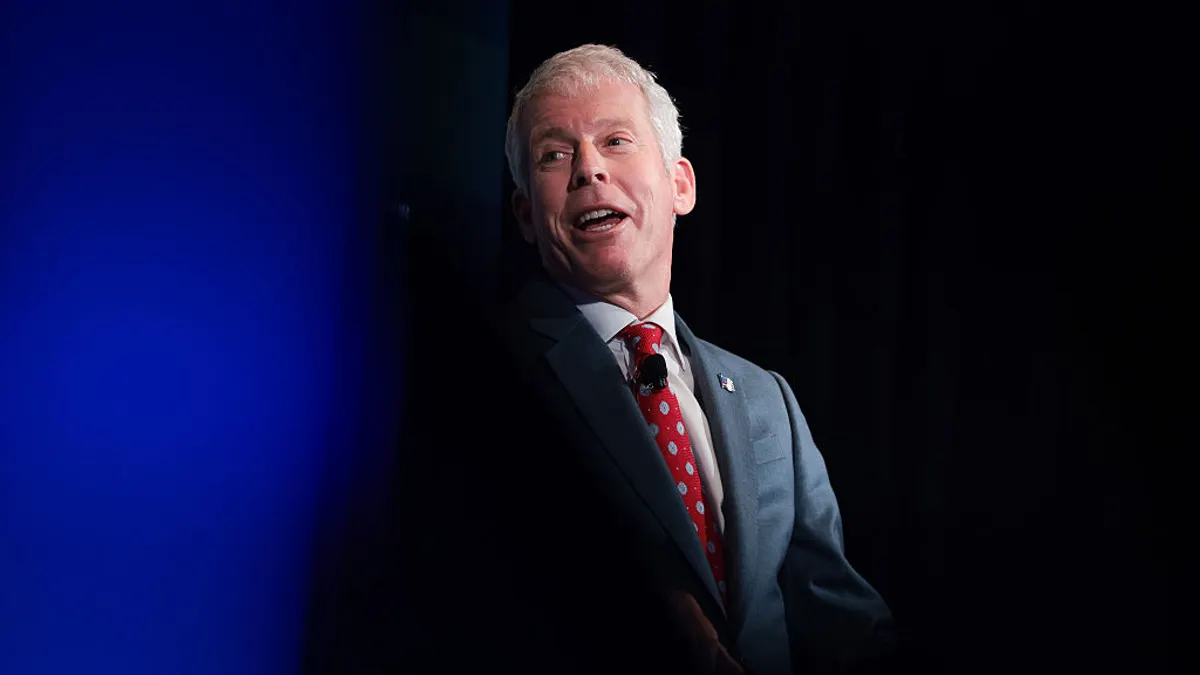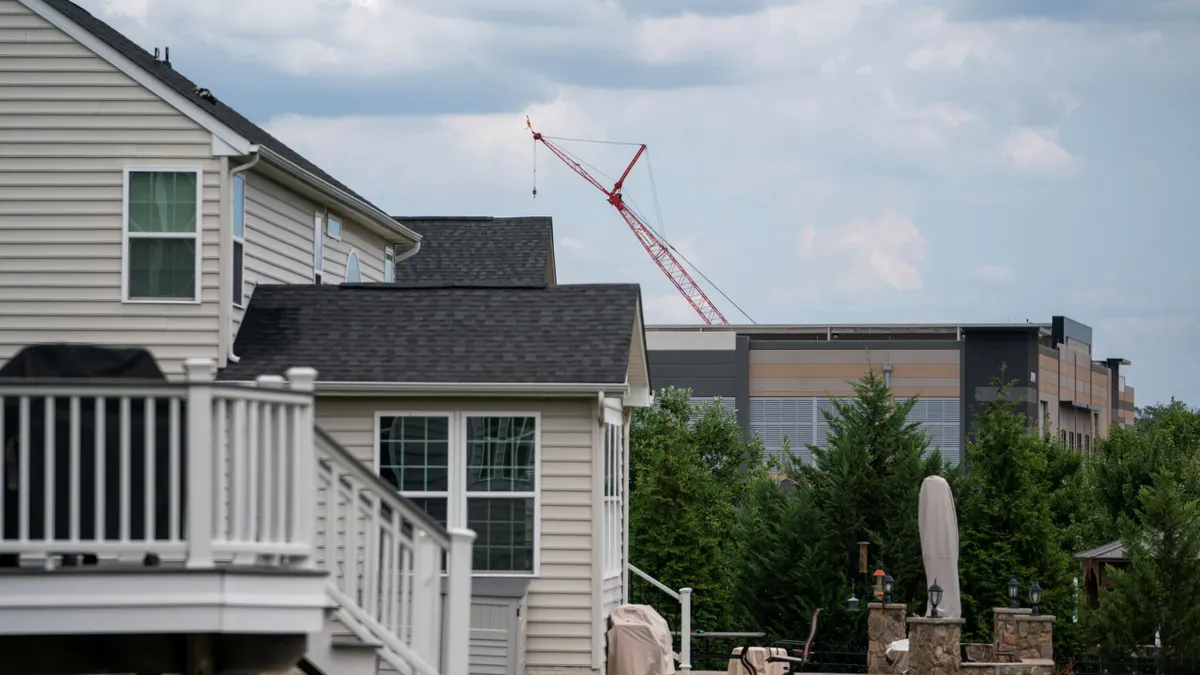Energy efficiency gets judged in a lot of different ways – that's one reason companies around the country are seeking uniform protocols and standardized measurements for buildings, projects and home sales. But even on a much broader scale, efficiency can be difficult to measure.
That may be what made WalletHub's consumption-based survey so fascinating when it was released earlier this month. It looked at two key measures – home and vehicle efficiency – and used a relatively simple comparative methodology based on actual consumption to produce a 0-100 score.
South Carolina, you've got some work to do.
WalletHub's survey used data available from the lower-48 states, and showed the least-efficient were largely in the South. After South Carolina are: Louisiana, Texas, Kentucky, Arkansas and Tennessee. By comparison, the most efficient states all have colder temperatures: New York, Vermont, Minnesota, Wisconsin and Utah.
That's a markedly different list from, say, the American Council for an Energy-Efficient Economy's own rankings. The group is expected to release its own report today, but last year's ratings had Massachusetts just slightly ahead of California to top efficiency rankings, with North Dakota and Wyoming on the bottom.
Which makes sense, because WalletHub's survey looks only at two measures — both consumption based — while ACEEE examines six policy factors.
WalletHub's methodology "reflects actual consumption, not the mere existence of energy-efficiency policies, the effectiveness of which can be measured only by the changes in consumption patterns before and after those policies were implemented," WalletHub analyst Jill Gonzalez said in an email.
"While the ACEEE's scorecard is an extremely useful resource for state policymakers, our study can provide a supplement with more concrete data," she said.
What WalletHub's study shows is that based on consumption, energy efficiency appears strongest in colder climates, and less important in temperate areas. And there's not a lot of correlation to price: the personal finance web site included a scatter chart pegging efficiency to the cost, and the results were ... scattered.
Kansas may represent the median state — it ranks 27th in efficiency and 23rd in cost. New York and Vermont, the efficiency leaders, ranked 37th and 45th in cost, respectively. On the flip side, South Carolina and Louisiana boast the 16th and 10th cheapest costs.
Methodology
In developing its rankings, WalletHub looked at two measures: “home-energy efficiency” and “car-energy efficiency.”
Home efficiency was determined by calculating the ratio between the total residential energy consumption and annual degree days. Car efficiency was determined by dividing annual vehicle miles driven by gallons of gasoline consumed. WalletHub then weighted each dimension proportionally, to reflect national consumption patterns.
"We plan on doing future reports and every year we improve the methodology we use based on the feedback we receive," WalletHub analyst Gonzalez said.
Americans spend about $2,000 a year on energy, the site said, and about half of that is just for heating and cooling. A final ranking was determined based on a weighted sum of the scores, adding up to 100 points. Home efficiency could contribute up to 55 points, and car efficiency 45 points.
Hawaii and Alaska were excluded "due to data limitations," the site said. The site used data from the U.S. Census Bureau, the National Climatic Data Center, the U.S. Energy Information Administration and the Federal Highway Administration.
Subsidies for efficiency?
Along with the rankings, WalletHub asked a panel of experts to answer: Should the government continue to incentivize consumers and businesses to invest in energy-efficient projects?
Whether or not you back subsidies "depends on the desired policy outcome," said J. Isaac Miller, an associate professor at the University of Missouri-Columbia. But regardless, the share of heating and cooling expenses has decreased, he said, even as homes have increased in size. "Certainly the government incentives have played a role."
Joel Eisen, a professor at the University of Richmond School of Law, told WalletHub that after decades of successful government support of efficiency, "these measures deserve continuing support." He added that the Clean Power Plan may provide a boost to some state's efficiency, because it allows energy efficiency as a compliance strategy.
Carol Dahl was succinct in her opposition. A research professor of Mineral and Energy Economics at Colorado School of Mines, she said "I would prefer the government provide info on savings and technology but tax energy and let the market pick the winners."






















